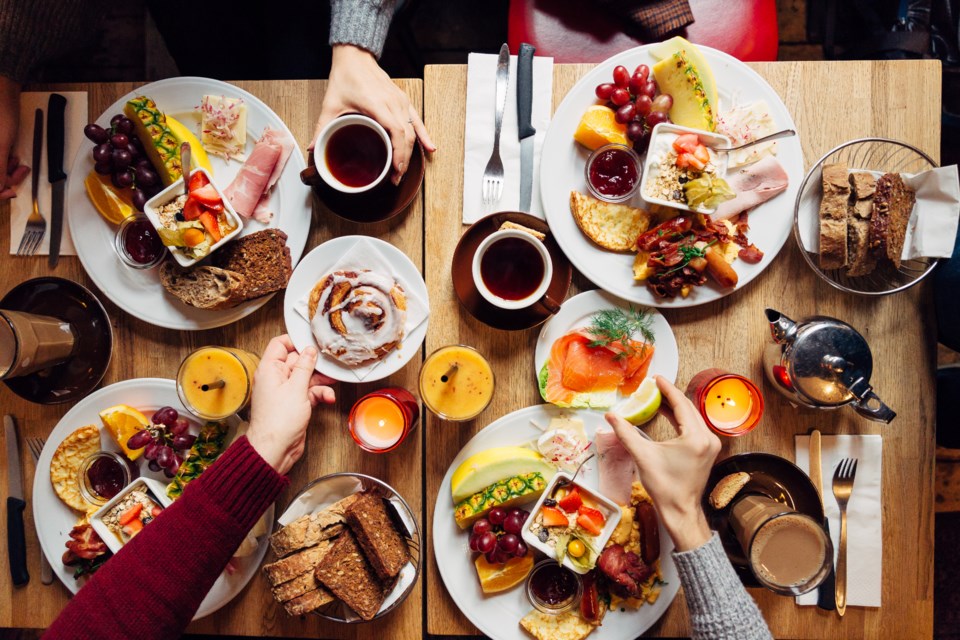Over the winter holidays many of us will be meeting up with friends and families. Some are looking forward to the social gatherings, while others dread the sometimes awkward conversations.
While that’s the case every year, COVID is creating even more opportunities for social blunders and tense dinner table discussions.
Richmondite Lana Chen will be hosting a Christmas dinner this year, but has given clear instructions to her husband and children that COVID-related topics, including vaccination or the new health orders announced by Dr. Bonnie Henry recently, are off the table.
"Years ago, people said, please don't talk about politics at the dinner table as it can lead to arguments and divide the group. Today, the 'taboo' subject we will avoid is COVID-19," laughed Chen.
"Conflicts, no matter if they are big or small, are the last thing we need at Christmas our gatherings."
Manj Bath, a Richmond-based registered clinical counselor and CEO of MindRight Counselling & Consulting, said Chen isn’t alone in trying to find a way to navigate some hot-button topic.
He suggests using humour to help keep the mood light and avoid tempers flaring. But if that doesn’t come easily, he recommends trying to deflect an awkward question or “pass the ball.”
It's human nature to feel obliged to answer questions when we’re asked, Bath explained, but if we’re not comfortable, we can flip the question back to the person who’s asking.
"If someone asks, ‘Can you believe what's going on with the new restrictions?’ You could say, ‘This is something we all have to do, and what do you think?’ Or give the question to somebody else to weigh in on," said Bath.
Dave MacDonald, the Executive Director with Pathways Clubhouse, said if you do find yourself in the midst of a COVID-related discussion, try to avoid using a judgemental attitude and be mindful of your choice of words.
But COVID isn’t the only possibly awkward topic of discussion for some.
“Why aren’t you married?” or “Have you found a job yet?” can also create a lot of discomfort.
But the same strategies of making light of the question or throwing it back at the questioner can apply, explained Bath.
For example, to the marriage question one could answer: "I am doing well and am happy to take the time to focus on my career as well as myself," said Bath.
It helps keep the conversation light but also draws a boundary.
MacDonald also noted that people should not feel badly about simply refusing to see people over the holidays.
"You could say, ‘It's a temporary sacrifice for now and I want to see you all together next year. Unfortunately, there have been too many incidents where people are still catching the virus, especially with the new variant. I love you so much, so I am not going to take the chance,’" said MacDonald.
Holiday-season survival tips:
• Don't feel bad about rejecting some people's invitations if you don't feel comfortable. Your health and happiness come first.
• Don't judge others even if they hold different opinions. Show caring and compassion instead.
• If you’re asked an awkward question try to use humour to defuse the situation or use it as an opportunity to draw another person into the conversation.



